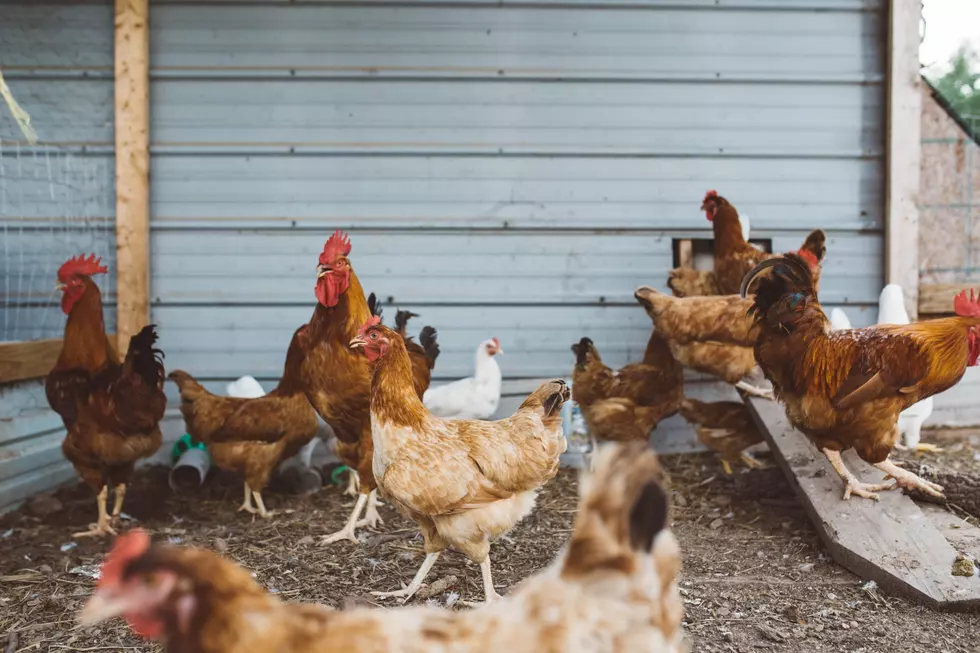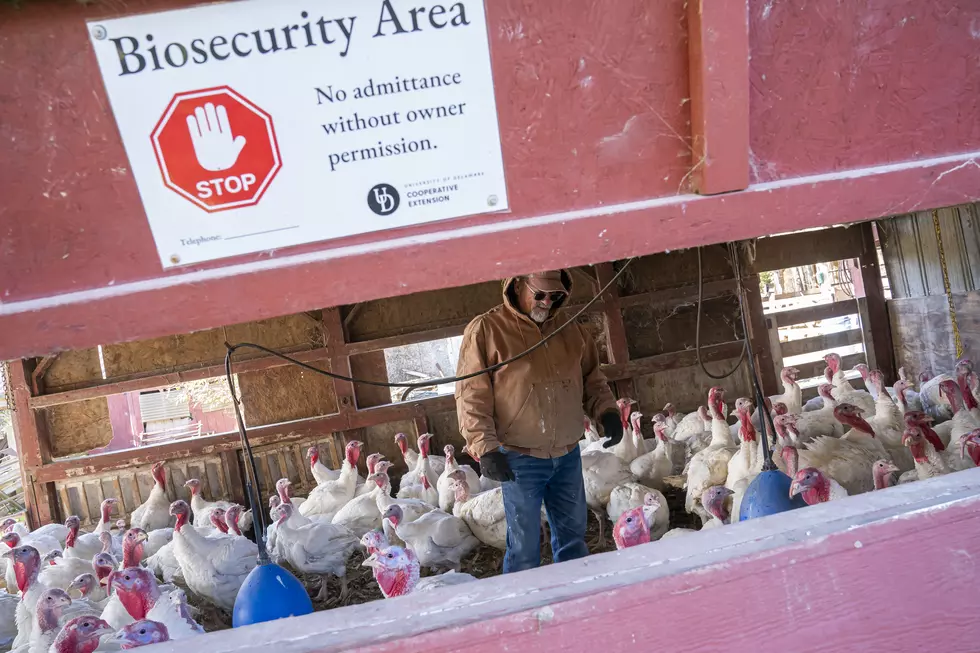
Bird Flu Confirmed In South Central Washington Commercial Operation
The Washington State Department of Agriculture has confirmed a case of Highly Pathogenic Avian Influenza in a large commercial flock. The Franklin County operation first reported a high number of sudden deaths of chickens to the WSDA last week. Investigators say other birds were lethargic and showing additional signs of illness; prompting an investigation by state and federal veterinarians. State officials quarantined the impacted operation, and all birds on the farm were quickly and humanely put down.
The WSDA is stressing poultry products from the flock will not enter the food supply system.
This strain of bird flu has been spreading very rapidly among backyard flocks across the PNW as well as commercial operations across the nation. Although this is the first commercial detection in Washington, there have been more than 250 commercial flock detections in two dozen states across the country since the beginning of the outbreak in February of this year.
“The ongoing detections of avian influenza in our domestic flocks, commercial flocks and wild birds are incredibly unfortunate,” said Dr. Dana Dobbs, WSDA Avian Health Program Lead and Commercial flock liaison. “No matter the type or size of an operation, the losses are devastating for everyone.”
With increasing detections in wild birds across the state, the WSDA said it is critical to remain vigilant with biosecurity. Officials say the most effective mitigation tactic is avoiding contact with wild waterfowl, especially migrating waterfowl that reside in Washington throughout the winter.
“There is clear evidence that viral loads are high in wild birds and the environment,” Dr. Dobbs added. “Recent large die offs in geese across the state increase the risk to our domestic flocks for the unforeseeable future.”
State and federal animal health officials monitor flocks within a 10-kilometer area around the infected site for HPAI symptoms. Commercial flocks in that zone are required to monitor flock health very closely, with regular surveillance testing. They must also request permits from WSDA to move safe products out of or into the zone. Domestic flock owners in a control area are encouraged to self-report any illness or dead losses of their birds to WSDA using the online surveillance self-reporting tool.
If you have a story idea for the PNW Ag Network, call (509) 547-9791, or e-mail glenn.vaagen@townsquaremedia.com
More From 610 KONA









